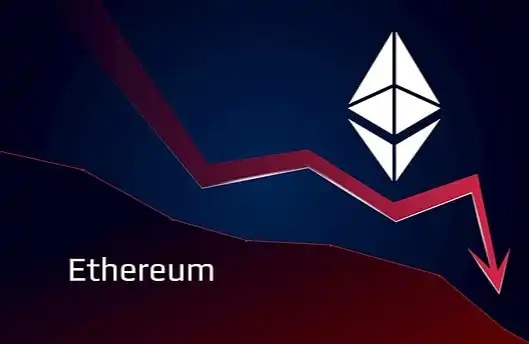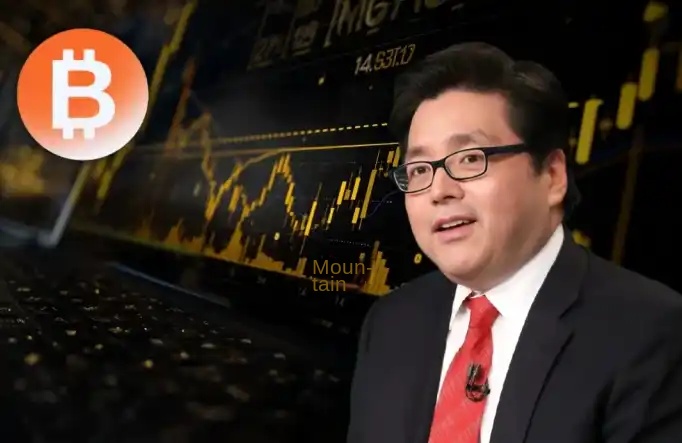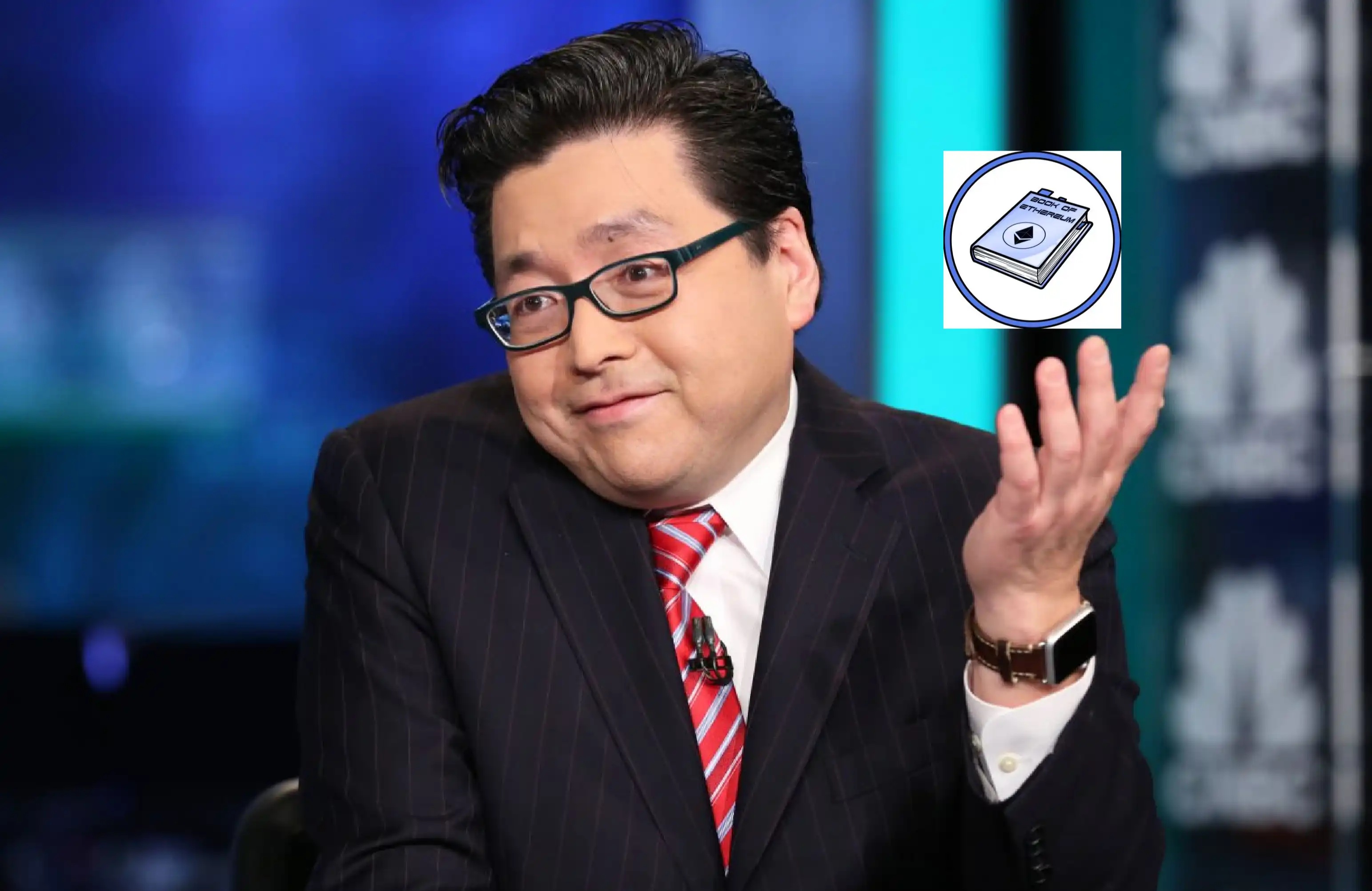Justin Sun Returns to <em>Asia Weekly</em> Cover After 14 Years: Bitcoin to Challenge US Dollar's Reserve Currency Status
Recently, Justin Sun, the founder of TRON, was interviewed exclusively on the cover of Asia Weekly. In the interview, he shared comprehensive insights on the Hong Kong crypto industry, stablecoin development, the future of Bitcoin, and global digital financial trends. He called on Hong Kong to break through the traditional model and seize the digital economic opportunity. He emphasized that Hong Kong should reshape its global financial competitiveness through stablecoins and new economic innovations, with TRON willing to leverage its technical experience to support the development of digital payment systems.

Hong Kong Should Embrace the New Economy Boldly
Justin Sun pointed out that Hong Kong, China, took the lead by introducing the "Stablecoin Bill," demonstrating its leading potential. The focus going forward is whether traditional financial institutions and the crypto industry can fully utilize the bill to gain a development advantage. He noted that mainland cities such as Shenzhen and Shanghai have benefited from rapid AI and fintech development due to their execution capabilities. Hong Kong could learn from this experience, break free from old development models reliant on industries like real estate, and actively embrace the new economy.
Justin Sun suggested that Hong Kong should learn from the Middle East's "thirst," such as Dubai's investments in AI chips and aerospace technology, to enhance its global influence. He boldly proposed that Hong Kong could consider building the first commercial space launchpad in Asia, sending people to space every week to attract global capital and attention, stating that it would be "more valuable than twenty Disneys."
Justin Sun emphasized that as the "super-connector" between the mainland and the world, Hong Kong could use the HKD stablecoin project to drive cross-border payments and trade settlement innovation, reshaping its status as an international financial center. TRON has abundant experience in this field; for example, the scale of USDT circulating on the TRON blockchain has reached $80 billion, accounting for more than half of the global USDT supply, which can provide technical and practical experience as a reference for Hong Kong's stablecoin development.
Crypto Industry and Global Financial Trends
Justin Sun stated that TRON is committed to becoming the "core settlement layer for global financial transactions." Recently, its native token TRX was adopted by SRM, a Nasdaq-listed company, as a strategic reserve asset. He believes that this move will propel TRON to become a pioneer of cryptocurrency assets in the US stock market, saying, "We will continue to explore more ways to promote the global mainstream market acceptance of the TRON ecosystem." He is optimistic about the growth potential of stablecoins, highlighting the breathtaking development of stablecoin businesses on the TRON blockchain and the future exploration of technologies such as AI and blockchain integration.
Justin Sun is confident in Bitcoin challenging the US dollar's reserve currency status, emphasizing its decentralization, fixed supply of 21 million coins, and inclusive financial value. He pointed out that the US national debt exceeds $36 trillion, and currency overissuance has raised concerns about inflation. As a "digital gold," Bitcoin fights against devaluation, suitable for the multipolar financial demand under geopolitical turmoil. The practices of making Bitcoin a legal tender in El Salvador and the Bitcoin Strategic Reserve Executive Order passed in the US in March demonstrate its potential. In addition, the influx of institutional investments, such as BlackRock's Bitcoin spot ETF managing $70 billion, shows mainstream financial recognition of the value of crypto assets. He acknowledged that the current challenges include Bitcoin's transaction speed (about 7 transactions per second) and regulatory uncertainties, but through technological upgrades like scaling and cross-chain capabilities, these obstacles can be overcome, with significant room for growth in the future.
Justin Sun pointed out that taking the U.S. trend as an example, the regulatory approach to crypto assets has shifted from oscillation to normalization, from the approval and listing of a Bitcoin spot ETF to the establishment of a national Bitcoin strategic reserve, providing a reference for global regulation. Justin Sun stated that the divergence in the recognition of crypto assets between the U.S. SEC and CFTC is gradually narrowing, and a unified classification standard for crypto assets may be introduced in the next two years. Hong Kong, China can learn from this experience to reduce trial and error costs and improve regulatory efficiency.
In an interview, Justin Sun predicted that stablecoins, cross-border payments, AI blockchain integration, and cross-chain technology will become core trends in the future. Hong Kong needs to develop a regulatory framework tailored to local characteristics to balance innovation and compliance and avoid innovation flowing to other regions globally. He emphasized that with new economic opportunities such as stablecoins, Hong Kong has the opportunity to regain a leading position in the digital finance wave, and TRON hopes to provide strong support in this process.
This article is a contribution and does not represent the views of BlockBeats.
Welcome to join the official BlockBeats community:
Telegram Subscription Group: https://t.me/theblockbeats
Telegram Discussion Group: https://t.me/BlockBeats_App
Official Twitter Account: https://twitter.com/BlockBeatsAsia
 Forum
Forum

 Finance
Finance
 Specials
Specials
 On-chain Eco
On-chain Eco
 Entry
Entry
 Podcasts
Podcasts
 Activities
Activities
 OPRR
OPRR







